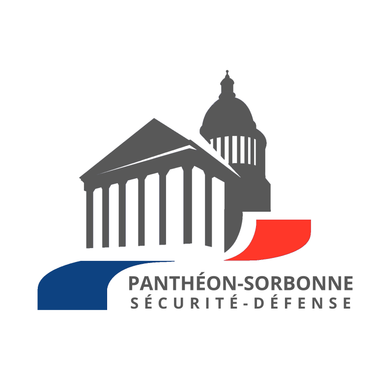From “just war” to international justice
Changes in the rules of warfare facing modern conflicts
M. Brahim NEKHOUF

Summary
This article examines the transformation of the rules governing warfare, from the philosophical concept of “just war” to the establishment of a structured body of international humanitarian law.
It traces the legacy of ancient and medieval societies, which already sought to limit violence through legal codes and diplomatic conventions, as exemplified by the Code of Hammurabi and Greek practices. The medieval period, marked by the influence of Christian and Islamic doctrines, saw the emergence of moral reflection aimed at legitimizing or condemning the use of force. Hugo Grotius's contribution represents a major turning point, laying the foundations for a secular approach that distinguishes between the rules governing the outbreak of hostilities and those governing their conduct.
The article also highlights the advent of the Geneva and Hague Conventions, milestones in the protection of civilians and prisoners, and analyzes the birth of international justice through post-war tribunals and the establishment of the International Criminal Court. Finally, the article looks at the new challenges posed by changes in the forms and modes of contemporary conflict, such as cyberwarfare, the use of new technologies and the development of new actors in warfare.
In short, it invites us to rethink the legal regulation of war in the face of persistent challenges and new forms of conflict in a changing world.
Keywords :
Law of war, Just war, International justice, International humanitarian law, Modern armed conflicts, International criminal law
PANTHÉON-SORBONNE SÉCURITÉ-DÉFENSE
Université Paris 1 Panthéon-Sorbonne
12 Place du Panthéon
75005 Paris
Nous avons besoin de votre consentement pour charger les traductions
Nous utilisons un service tiers pour traduire le contenu du site web qui peut collecter des données sur votre activité. Veuillez consulter les détails dans la politique de confidentialité et accepter le service pour voir les traductions.
